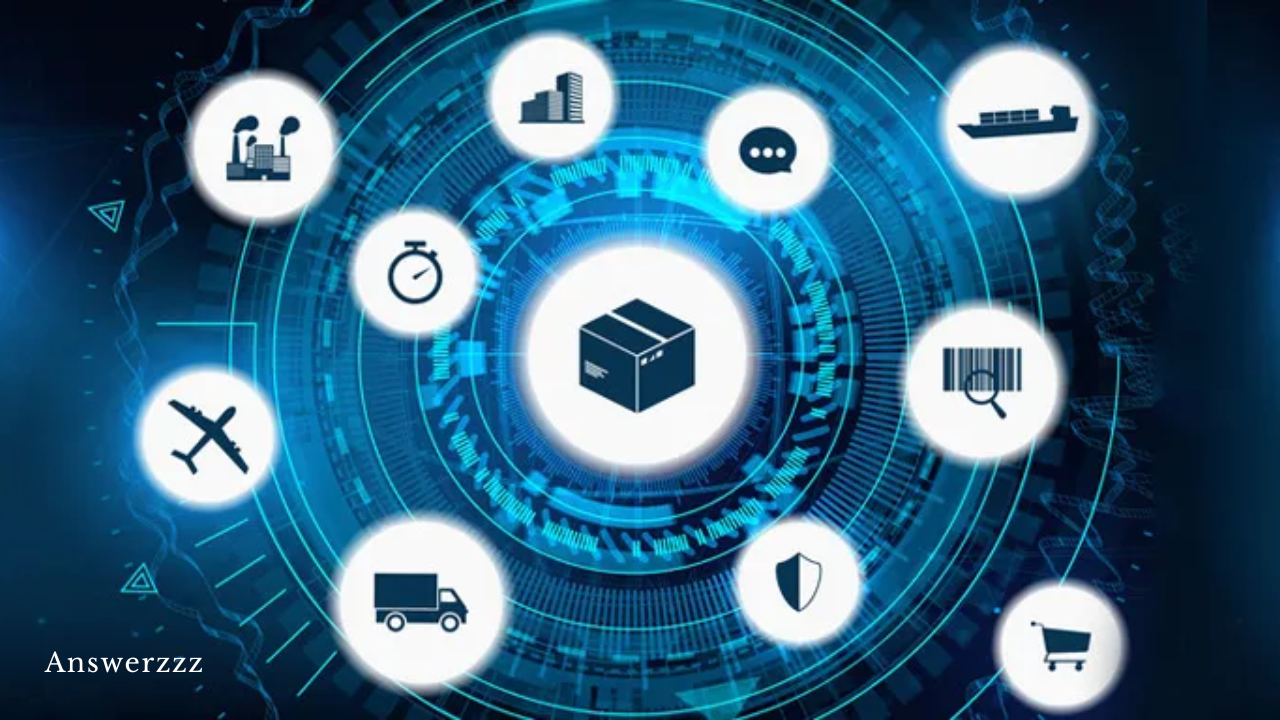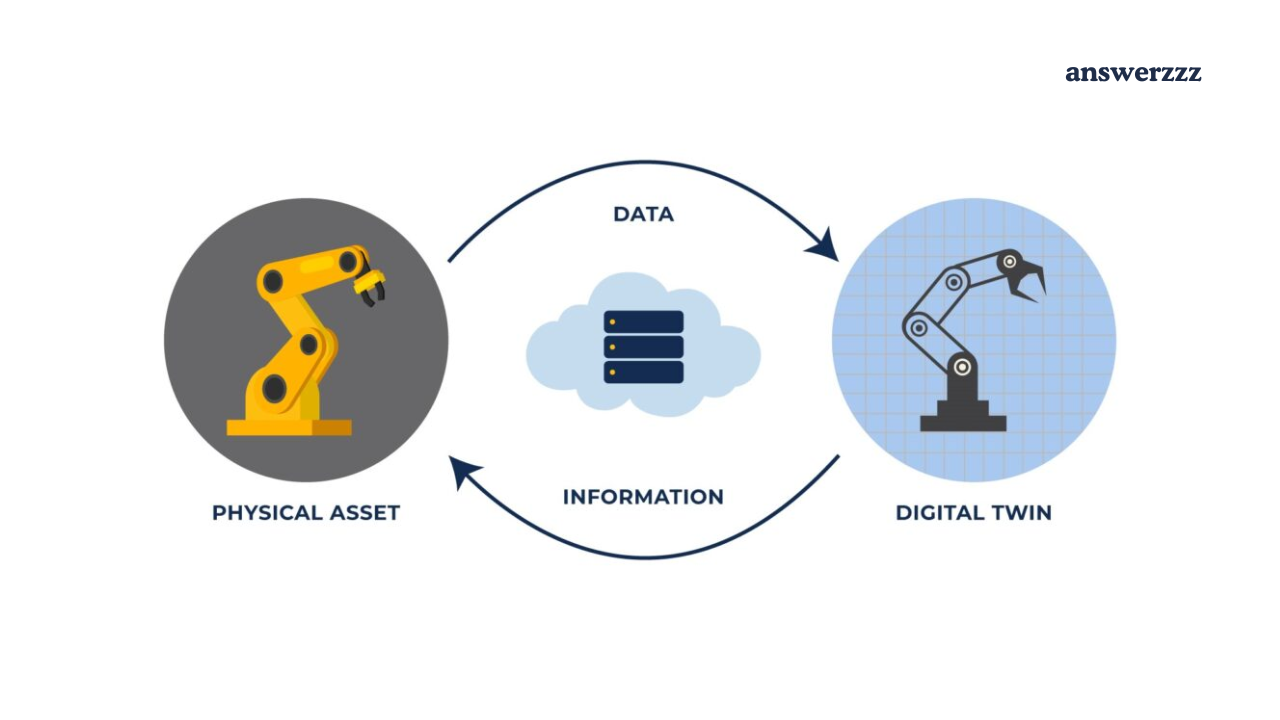In today’s globalized economy, supply chains are more complex and widespread than ever before. They are composed of a vast network of suppliers, manufacturers, distributors, and retailers, each playing a critical role in the journey from raw material sourcing to delivering a finished product to the consumer. With this complexity comes a host of challenges, including tracking and verifying products, coordinating logistics, managing inventories, and maintaining transparency. Supply chain inefficiencies can lead to increased costs, delays, fraud, and customer dissatisfaction.
Blockchain technology, which is most commonly associated with cryptocurrencies, is showing immense potential to address these challenges. By providing a decentralized, immutable, and transparent ledger, blockchain can bring unprecedented levels of transparency, efficiency, and security to supply chain management. This article will explore how blockchain can enhance supply chain efficiency, the key benefits it offers, and examples of its real-world applications in various industries.
Understanding Blockchain Technology in Supply Chains
At its core, blockchain is a distributed ledger technology (DLT) that records transactions in a decentralized and immutable manner. Each transaction is stored in a “block” that is linked to previous blocks, creating a “chain” of data that is secure and nearly impossible to alter without consensus from the entire network. In a supply chain, blockchain can be used to record the transfer of goods, verify authenticity, and trace the product journey from origin to consumer.
Unlike traditional supply chain databases, which are often fragmented and vulnerable to manipulation, a blockchain-based system provides a unified, secure record that all authorized parties can access and verify. This transparency and trust enable better coordination, reduce errors, and improve decision-making throughout the supply chain.
Key Benefits of Blockchain for Supply Chain Efficiency
1. Enhanced Transparency and Traceability
One of the primary benefits of blockchain in supply chains is the ability to track and trace products with complete transparency. Every transaction or movement of a product from one point to another is recorded on the blockchain, allowing stakeholders to see the entire history of the product in real time. This level of visibility is invaluable for identifying inefficiencies and addressing issues quickly.
For example, if a defect is found in a batch of products, the blockchain record can trace it back to its source, identifying which supplier provided the defective materials. This transparency not only speeds up the recall process but also helps in holding suppliers accountable and ensuring higher quality standards across the supply chain.
2. Improved Product Authentication and Fraud Prevention
Counterfeit goods and fraudulent practices are persistent challenges in supply chains, especially in industries like pharmaceuticals, luxury goods, and electronics. Blockchain technology can help combat these issues by creating an immutable record of product origin and movement. Each product can be tagged with a unique digital identifier recorded on the blockchain, allowing customers and supply chain partners to verify authenticity.
For instance, in the pharmaceutical industry, blockchain can be used to ensure that drugs are authentic and have not been tampered with during transit. By scanning a product’s unique code, consumers and regulators can access information on where it was manufactured, the suppliers involved, and whether it has been stored under the correct conditions. This level of authentication helps to combat fraud and build consumer trust.
3. Increased Efficiency in Inventory Management
Effective inventory management is crucial for reducing costs and preventing stockouts or overstocking. Traditional supply chain systems often rely on manual tracking and reporting, which can be prone to errors and delays. Blockchain streamlines inventory management by providing a real-time, tamper-proof record of stock levels across the entire supply chain.
Using blockchain, suppliers and manufacturers can accurately monitor inventory levels and predict demand, reducing the likelihood of shortages or excess stock. This also allows for automatic replenishment orders based on real-time data, which helps optimize storage space, reduce holding costs, and maintain a lean supply chain.
4. Reduced Costs and Enhanced Collaboration
Blockchain’s decentralized nature removes the need for intermediaries, reducing costs associated with third-party verification, transaction fees, and paperwork. Traditional supply chains often require multiple parties to verify and approve transactions, resulting in delays and added expenses. Blockchain’s trustless system eliminates these intermediaries, as all participants have access to the same verified data.
Furthermore, blockchain enables seamless collaboration by providing a single source of truth for all parties involved in the supply chain. Suppliers, manufacturers, and logistics providers can share data securely and make faster, more informed decisions. This enhanced collaboration leads to faster response times, reduced lead times, and cost savings across the supply chain.
5. Improved Security and Data Integrity
Cybersecurity and data integrity are critical concerns in modern supply chains, especially given the rise of cyber threats and data breaches. Blockchain’s cryptographic security makes it nearly impossible to alter or delete data, ensuring that all information on the blockchain is accurate and reliable. Each block is secured by a unique cryptographic hash, making it tamper-proof and resistant to unauthorized changes.
This level of security is particularly beneficial for industries dealing with sensitive data, such as financial transactions or personal information. By using blockchain, companies can protect their data from tampering, hacking, or unauthorized access, creating a more secure and trustworthy supply chain.
Real-World Applications of Blockchain in Supply Chain Efficiency
1. Food and Agriculture Industry
The food and agriculture industry faces numerous challenges, including food safety, quality control, and regulatory compliance. Blockchain can improve traceability by recording every step in the food supply chain, from farm to table. This transparency ensures that consumers know where their food comes from, and it helps prevent issues like contamination, spoilage, and fraud.
For example, Walmart uses blockchain technology in its food supply chain to track produce from farm to store. By scanning a product’s QR code, Walmart can trace its origin and monitor its quality, ensuring that consumers receive fresh, safe products. This system also enables rapid recalls, as Walmart can quickly trace contaminated products to their source, minimizing the impact on public health.
2. Pharmaceutical Industry
The pharmaceutical industry is particularly vulnerable to counterfeit drugs, which can pose serious health risks to patients. Blockchain offers a solution by providing a secure and transparent record of each drug’s origin, composition, and movement through the supply chain. This traceability helps regulators and consumers verify the authenticity of medications and prevent counterfeit drugs from reaching the market.
For instance, IBM and Merck have partnered with the U.S. Food and Drug Administration (FDA) to develop a blockchain-based system for tracking drugs. This system enables regulatory bodies to track drugs from manufacturing to distribution, ensuring that only genuine products reach consumers. By improving transparency and accountability, blockchain helps protect patients and enhances the efficiency of the pharmaceutical supply chain.
3. Fashion and Luxury Goods
Counterfeiting is a significant issue in the fashion and luxury goods industry, where fake products can damage a brand’s reputation and result in financial losses. Blockchain enables brands to create digital certificates of authenticity for each product, which customers can access to verify the product’s origin and history.
For example, luxury brands such as LVMH are using blockchain to combat counterfeiting by issuing unique digital identities for each product. This allows consumers to verify that they are purchasing genuine products, while brands can ensure that their products are not being duplicated or misrepresented in the market.
4. Automotive Industry
The automotive industry involves numerous suppliers, manufacturers, and distributors, making supply chain management particularly complex. Blockchain can improve efficiency by providing a transparent record of each part’s origin, quality checks, and transportation details. This ensures that only high-quality parts are used, reducing the likelihood of recalls and improving vehicle safety.
Toyota, for example, is exploring blockchain to manage its supply chain more effectively. By tracking each part’s journey, Toyota can ensure that it meets quality standards and identifies any issues early in the production process. This transparency enhances quality control and allows for quicker recalls, protecting both consumers and the brand’s reputation.
5. Energy Sector
In the energy sector, blockchain is being used to track the production and distribution of renewable energy. By recording energy transactions on the blockchain, energy companies can improve transparency and optimize resource allocation. Blockchain enables peer-to-peer energy trading, where individuals and businesses can buy and sell renewable energy directly from each other, creating a more efficient and sustainable energy market.
For instance, companies like Power Ledger are using blockchain to facilitate peer-to-peer energy trading. This allows households with solar panels to sell excess energy to their neighbours, reducing waste and promoting renewable energy use. By eliminating intermediaries, blockchain also reduces costs and creates a more efficient energy supply chain.
Challenges and Considerations in Implementing Blockchain
While blockchain offers significant benefits for supply chain efficiency, there are also challenges to consider. Implementing blockchain requires a substantial initial investment in technology and infrastructure, which may be a barrier for smaller businesses. Additionally, blockchain’s decentralized nature requires all participants to adopt the technology, which can be difficult in fragmented industries.
There are also concerns around scalability, as current blockchain platforms may struggle to handle the volume of transactions in large supply chains. Privacy is another issue, as some companies may be hesitant to share proprietary data on a public blockchain. To address these concerns, companies can use private or consortium blockchains, which offer greater control and security.
Blockchain as a Game-Changer for Supply Chains
Blockchain technology has the potential to revolutionize supply chain management by increasing transparency, traceability, efficiency, and security. From food safety to combatting counterfeiting, blockchain provides innovative solutions to some of the most pressing challenges in supply chains. As more companies adopt blockchain and overcome implementation challenges, we can expect to see more efficient, reliable, and resilient supply chains across industries.
By leveraging blockchain, companies can not only reduce costs and improve operational efficiency but also build stronger relationships with consumers and partners. As blockchain technology continues to evolve, its impact on supply chain efficiency will only grow, making it a vital tool for companies looking to remain competitive in the modern marketplace.






